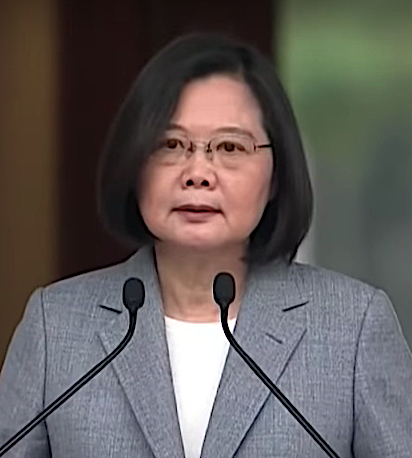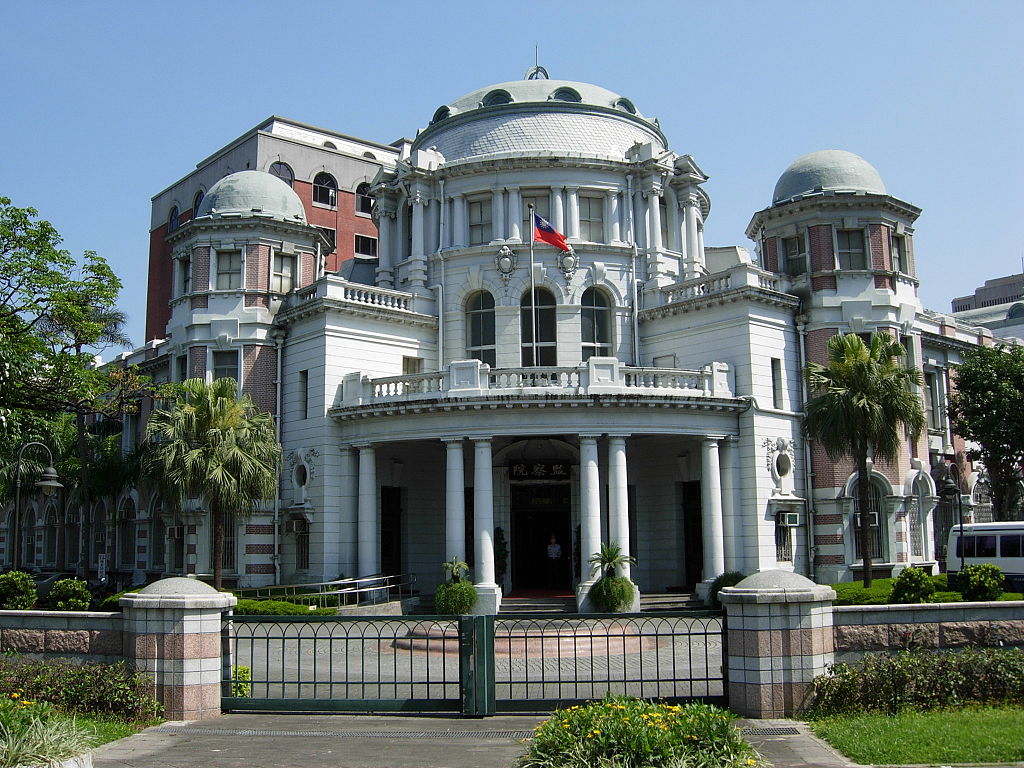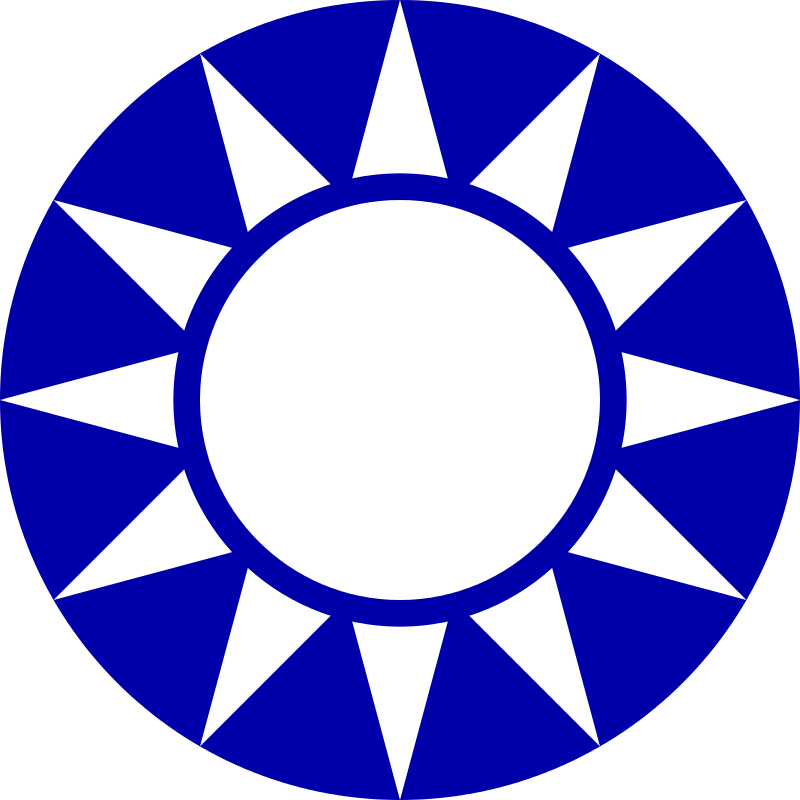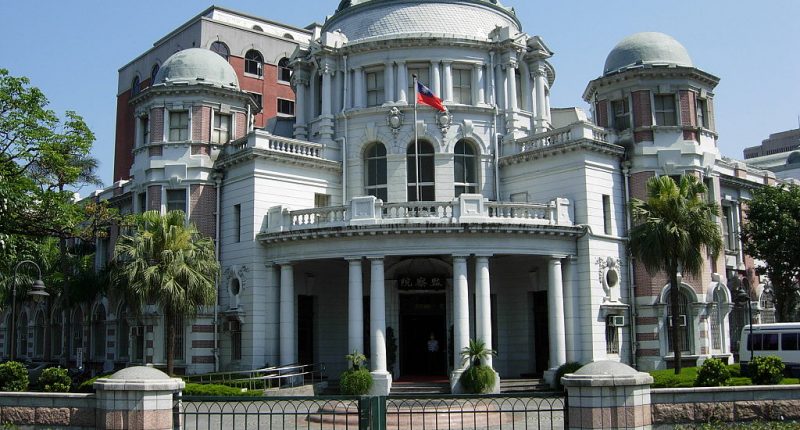The KMT did not impress with its occupation of the Taiwan Legislature in recent weeks.
Its brawl-protest two weeks ago also proved insufficient to block President Tsai’s nomination of Chen Chu (陳菊) to lead the nation’s powerful Control Yuan.

The surrounding press coverage did, however, reignite the conversation surrounding the necessity of, and also possible abolition of the Control and the Examination Yuans.
The Taiwanese government is unique in its separation of five powers.
Fearing unfair executive privilege and parliamentary dictatorship, the founders of the Constitution intended for the government to include two additional branches—the Control and Examination Yuans.
By design, the Control Yuan functions as an independent supervisory body that limits excessive legislative power.
Democracies are only made possible by the rule of law: the executive administers only within the parameters set by the law, and the judiciary judges based on the content of law.
In this way, the law reigns supreme, and the Legislature, by virtue of its power to make law, holds significant political power.
Moreover, in traditional three-branch governments, the Legislature also exercises the power of impeachment, which it may abuse to suppress the Executive and the Judiciary branches.
In order to prevent the Legislature’s lawmaking power from becoming overly inflated, the Constitution strips the Legislature of its power to impeach and sets up a watchdog branch of government with the authority to lead investigations into government agencies, impeach officials, correct wrongdoings, and audit the budget.
Likewise, the purpose behind a separate Examination Yuan is to prevent patronage and corruption within the Executive.
In order to ensure that seats in government agencies are filled with competent officials and not “fat-cat cronies”, the Examination Yuan aims to realize the promise of meritocracy by designing and administering fair and competitive civil service examinations.
On paper, it seems that both the Control and Examination Yuans carry out unique functions integral to the well-being and proper functioning of government. However, there have long been calls from all the major parties to abolish these two branches of government.
On the one hand, the Examination Yuan selects talent for other government agencies but is not responsible for the success or failure of government operations.
This makes it hard for executive agencies to plan for human resources and reduces the efficiency of their operations.

On the other hand, the Control Yuan has been criticized for acting as if it were the Legislature when its members are unelected.
Following a constitutional amendment in 2000, that allowed the President to nominate Control Yuan members, the institution is no longer backed by public opinion even though its actions have the possibility to influence policies.
Through these nominations, both Yuans have increasingly become a place for the ruling party to reward allies with a well-paying and relatively ‘cushy’ job.
But, because many of the functions carried out by the two Yuans overlap with either the Executive or the Legislature, many members and sub-agencies don’t actually carry out important functions, resulting in redundant exchanges of official documents between branches and the wasting of taxpayer dollars.
If the two Yuans were to be abolished, their duties could easily be fulfilled by the remaining branches of government, and their staff and budgets could be put to better use as part of other agencies.

However, despite there being a widespread consensus to abolish the two Yuans, a constitutional amendment to this end is improbable.
One reason for this is that the DPP seems to lack the political will to make such a move, even though they have been quite vocal about the abolishment of the two Yuans when the KMT was in power some years ago.
Moreover, the threshold for a constitutional amendment is extremely high.
It must be initiated by ¼ of the Legislature and approved by ¾ of the legislators in a hearing with at least ¾ of all members attending.
After passing the Legislative Yuan, the constitutional amendment will also have to be approved by more than half of the voters in the last presidential election, or in effect, 9.67 million people—a number that seems unlikely to materialize any time soon.









